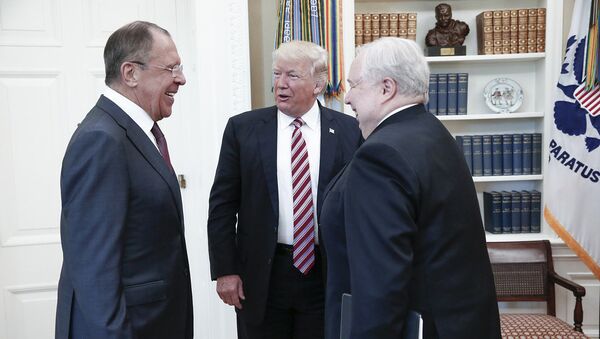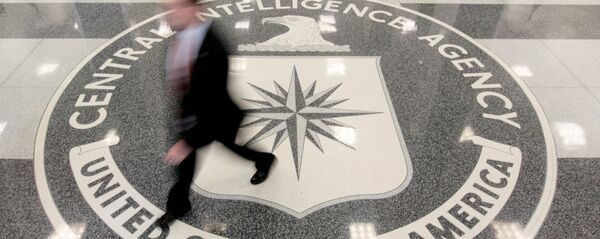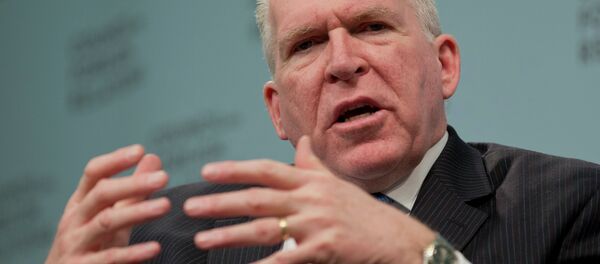Brennan claimed that Trump violated two protocols when he told Russian Foreign Minister Sergei Lavrov and Russian Ambassador to the US Sergei Kislyak about classified intel regarding a Daesh terrorist threat. Firstly, Trump personally, and seemingly spontaneously, shared intelligence with foreign officials when intelligence is typically shared through intelligence channels between intelligence agencies, rather than between leaders or ambassadors.
Secondly, Trump didn't send the report back to the originating agency before sharing it. Brennan explained it like this: before any info can be shared, the agency that originated the report modifies it to ensure that sources, methodology and the agency responsible are protected. During his meeting with the Russians, Trump allegedly revealed the city from which the threat emanated, a major hint as to which agency detected it.
That said, the act of sharing information with Russian intelligence services is hardly treasonous. On the contrary, according to Brennan: it's routine. "I shared classified information with the Russians while I was director of the CIA. The CIA on a routine basis shares classified information with Russians on terrorism matters. Doesn't mean that it becomes unclassified, it means that it retains the classification but is releasable then to Russia or other partners. So that itself isn't unprecedented."
It was the way that Trump introduced the information, not the fact that the information was introduced, that Brennan objected to. However, he said that there was a more pressing concern than Trump sharing intelligence with an (admittedly tenuous) ally: leaks of classified information in the news media.
"What I'm very concerned about though is the subsequent releases of what appears to be classified information purporting to point to the originator of the information, the liaison partners," said Brennan.
"These continue to be very, very damaging leaks and I find them appalling and they need to be tracked down. So that was where the damage came from, I think, that it was released in the press."
"I think the unauthorized disclosure of classified information, at all times, hurts our national security, compromises our intelligence capabilities, and needs to be investigated, needs to stop," Brennan said during his testimony. "Absolutely."




